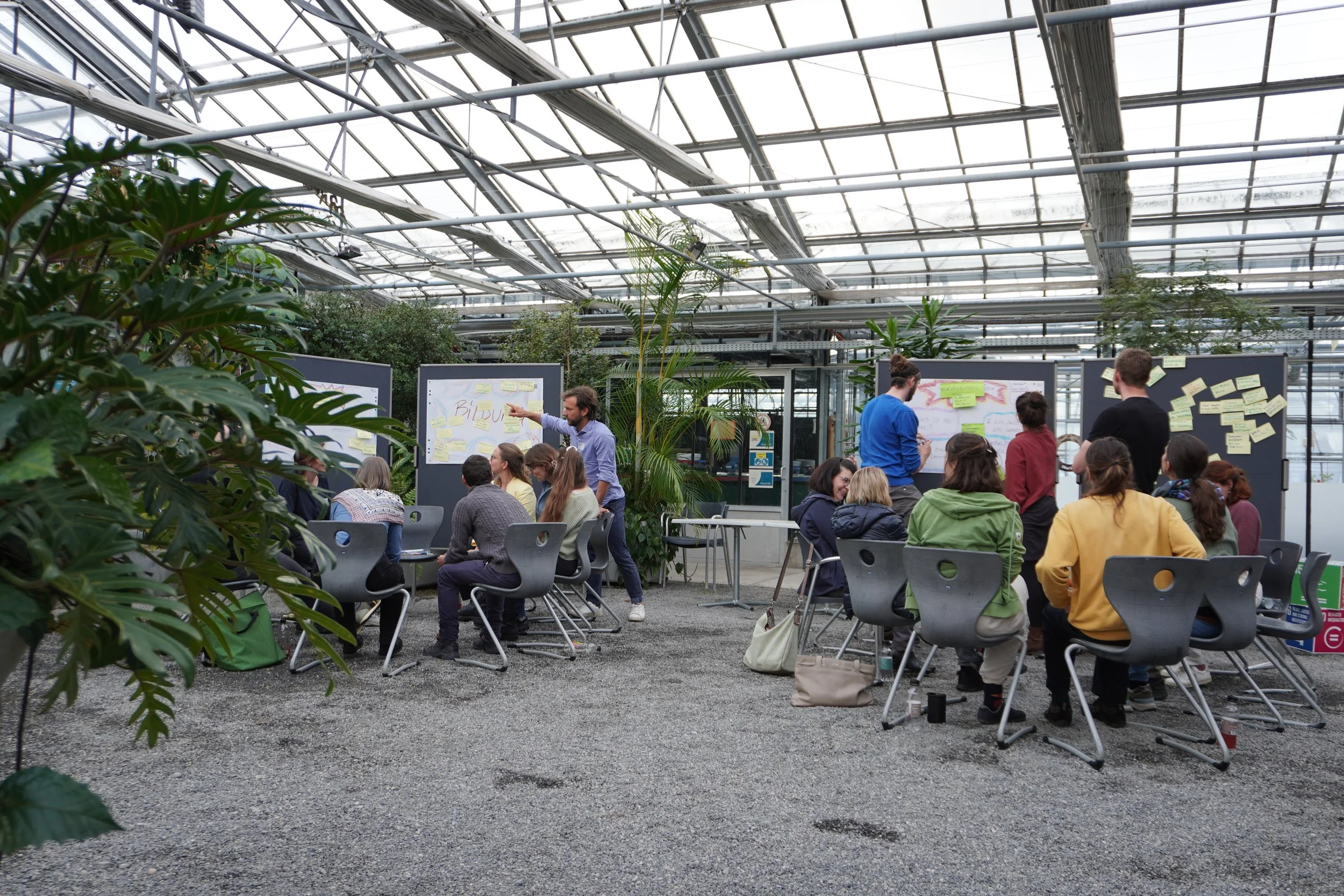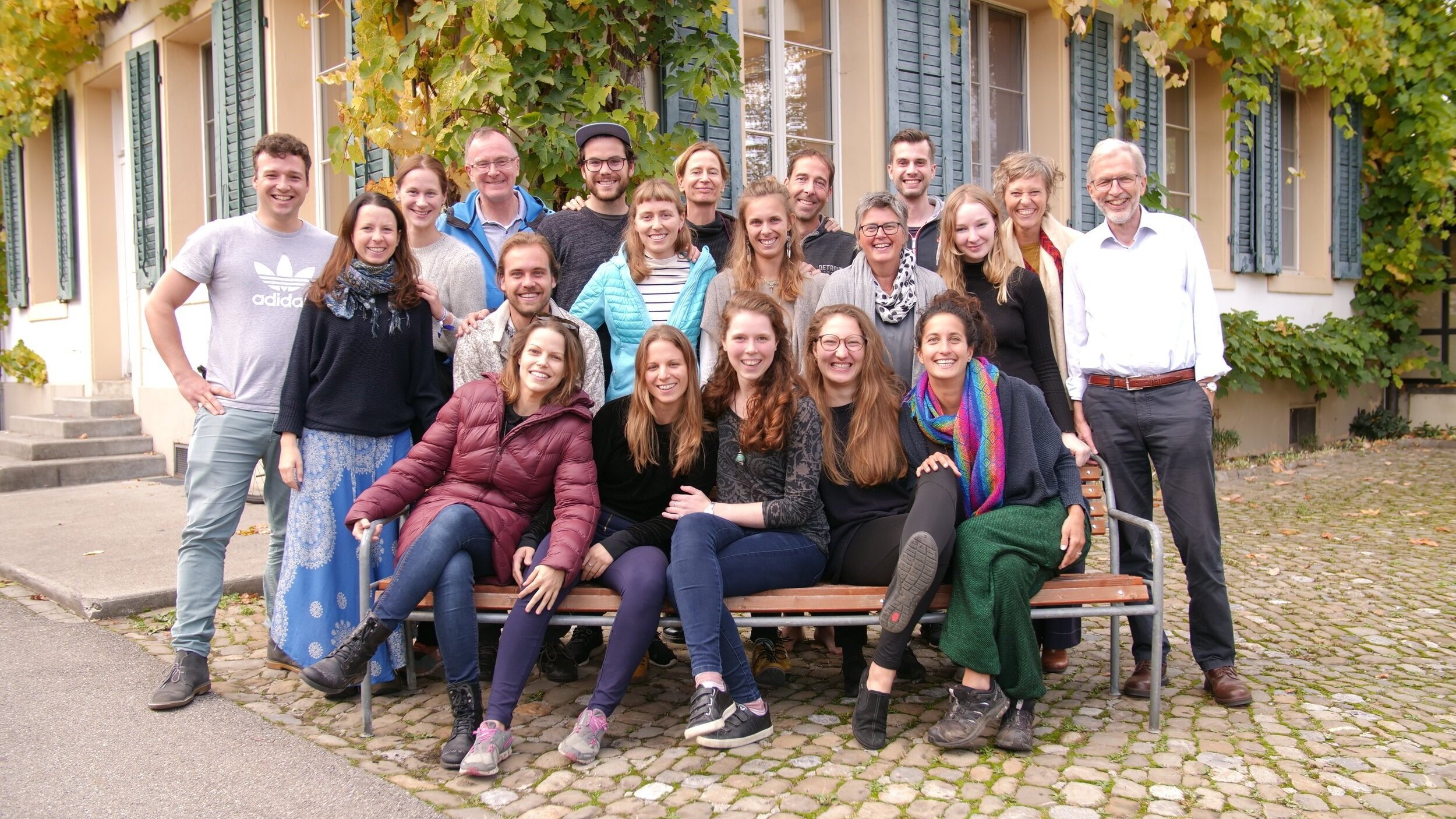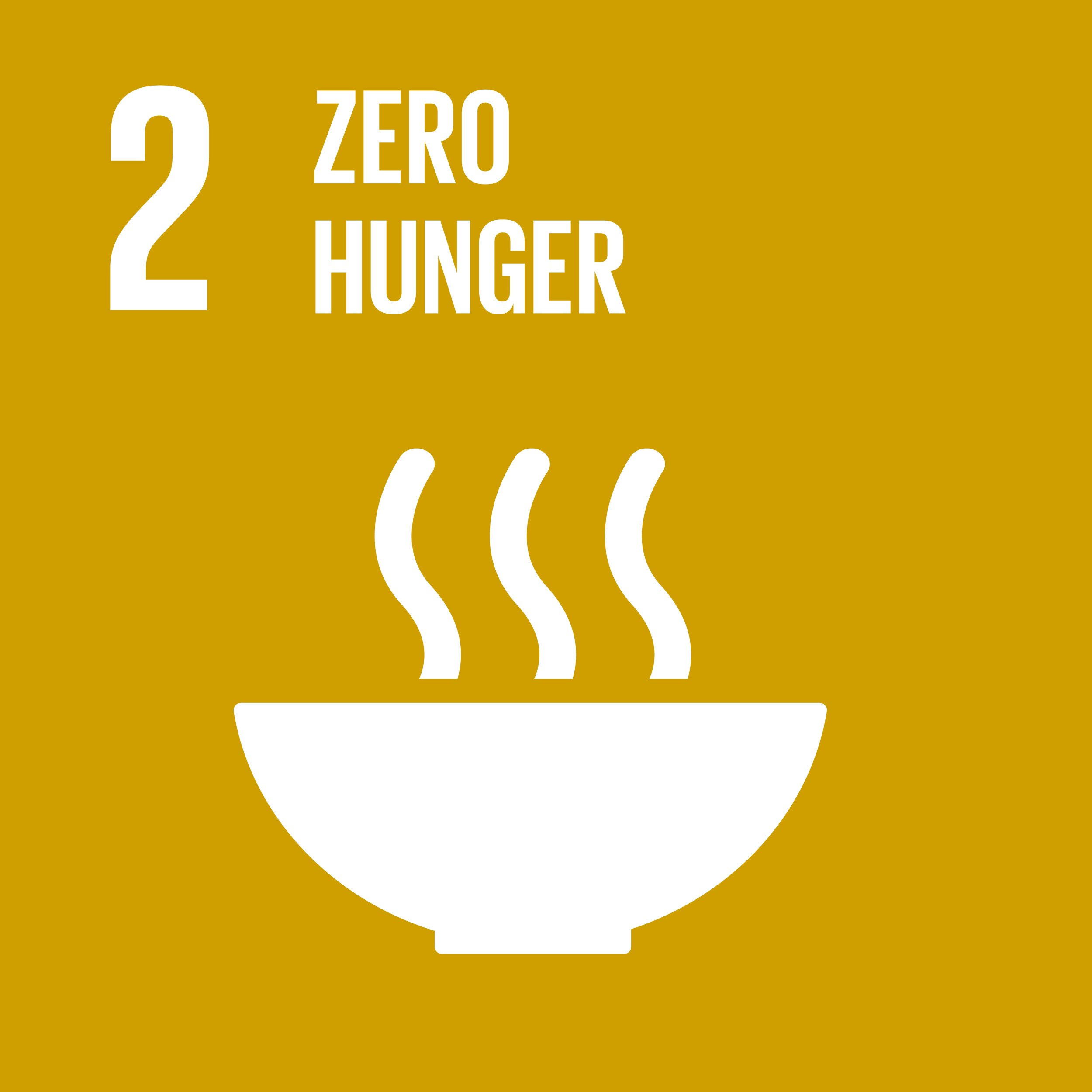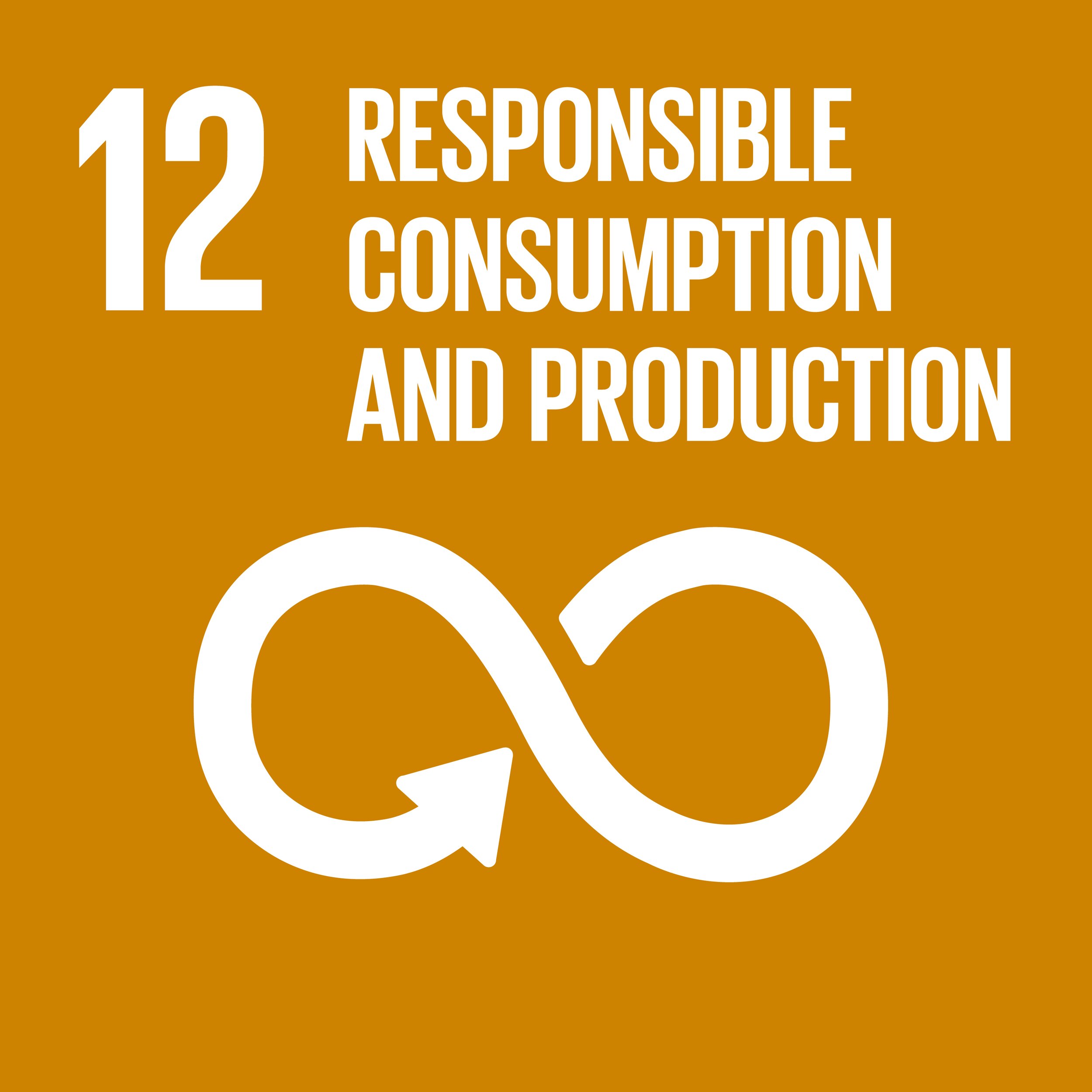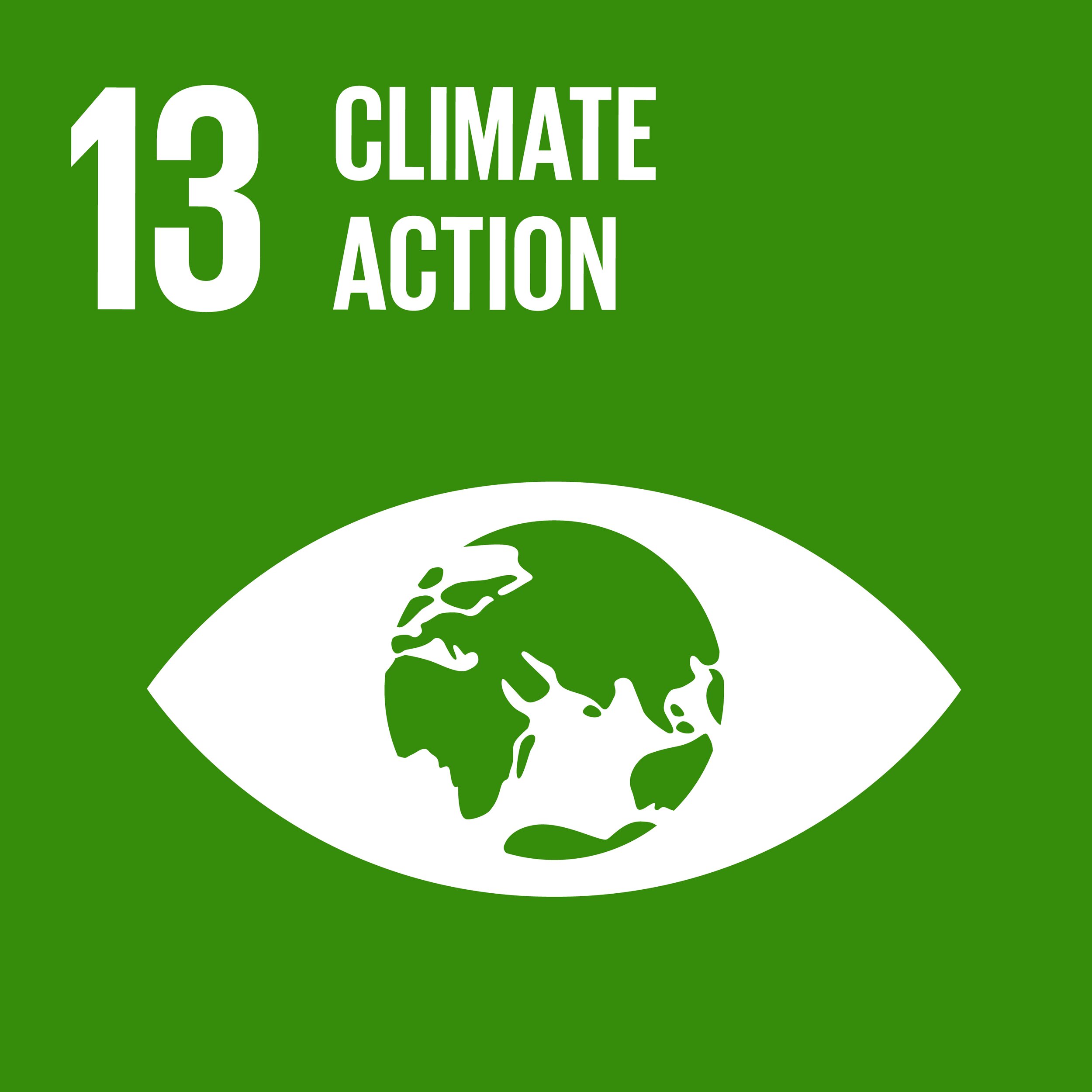
Our Contribution
How the collaboratio helvetica community contributes to the Sustainable Development Goals
Switzerland has a long tradition of collaboration and dialogue across language barriers and religious divides. We therefore believe in Switzerland's unique potential and participatory approach to contribute to a change towards more ecological responsibility, humanity and the common good. Collaboratio helvetica empowers committed people and organisations to shift deeply ingrained attitudes and mindsets, to conduct dialogues more effectively, to implement new forms of collaboration and thus collectively rethink and reshape the Switzerland of tomorrow. Together we make an important contribution towards reaching the SDGs in Switzerland.
Results of the work, projects and prototypes of the collaboratio helvetica community can be found here:
In November/December 2024, we held our first workshop “Embodied Ways of Knowing”on systems thinking and systems being. In this workshop, you are invited to step beyond traditional frameworks of thought and explore a holistic approach to understanding the world. Through systems thinking and systems being, we will journey into the art of ‘staying with the trouble,’ learning to remain fully present and engaged in an ever-evolving reality.
Collaborations with universities and higher education institutions are an important part of our work, fostering awareness-based and systemic approaches to sustainable change.
These monthly online gatherings, designed, facilitated, and hosted by collaboratio helvetica from 2022–2024, were spaces where we explored topics of actuality and around systems change, co-created and hosted with practitioners and experts from our community. In total, we have organised and held over 20 community calls, reaching over 300 community members.
The Changemaker Workshop “Bundling Forces” has been brought to life in collaboration with One Planet Lab and Impact Hub Zürich. The event brought together representatives from foundations, institutions, NGOs, NPOs, SMBs, start-ups and project leaders. In a moderated format, we focused on key questions around funding, impact, and the necessary networks for systemic change.
We collaborated with ZHAW sustainable from the Zurich University of Applied Sciences (ZHAW) to create “Re:Act”, a dialogue series, designed to increase sustainability awareness and foster project initiatives across the ZHAW community.
Collaboratio helvetica co-facilitated the Inclusive Institutions project led by Catalyst Nora Refaeil. Nora is a mediator and facilitates systemic transformation processes with an intersectional, diversity-oriented, and power-sensitive lens.
Collaboratio helvetica designed and facilitated an international and multilingual workshop for the Biodiversity Lab, a project by the Swiss association Brainforest. The workshop aimed at mapping the systems that contribute to biodiversity loss in the Peruvian Amazon to allow for a deeper understanding of the complexity of the issue, recognise the involved sectors and identify possible leverage points for developing impactful solutions.
The Catalyst Lab is a 9-month-long learning process, designed to empower changemakers and enables collaboration toward the SDGs. The process is intended for dedicated individuals (Catalysts) and their teams, who are committed to implementing the 2030 Agenda in Switzerland.
Plastic pollution is a global challenge and in its 2021 Sustainability Mission Report, Breitling committed to achieving zero plastic waste across operations by 2025. To engage key internal and external stakeholders on this ambitious goal, Breitling has collaborated with collaboratio helvetica and Let's Talk Waste to effectively address the topic with the relevant stakeholders.
Together with Sentience and the Bern University of Applied Sciences BFH, collaboratio helvetica designed and carried out the Protein Lab, contributing to the protein revolution by uniting stakeholders from different parts of the food system, analysing systemic barriers and promoting collaborative solutions.
As part of our project Youth4Switzerland, collaboratio helvetica has had the privilege of facilitating plenary discussions at the IC Forum 2023. Our co-founder, Nora Willhelm, and Youth4Switzerland's coordinator, Loukina Tille, engaged with prominent figures like Bundesarat Ignazio Cassis, Patricia Danzi (Director General SDC), the Honourable Awut Deng Acuil (Minister of Education for South Sudan), and Ursula Renold (ETH Professor in Education Systems).
Collaboratio helvetica was commissioned with the process design and implementation of The Citizens' Assembly for Food Policy to engage the Swiss population in redesigning the food policy with the support of key government agencies.
Youth4Switzerland is a collaborative effort led by collaboratio helvetica and partner organisations, responding to the urgent call from young people who advocate for sustainability and SDGs.
The Funding Systems Change Initiative is a collaborative effort driven by a coalition of foundations and changemakers in Switzerland, and led by Ashoka Switzerland and collaboratio helvetica. Recognizing the need for systemic solutions to tackle complex challenges, this initiative seeks to transform conventional funding practices and empower foundations to adopt and embrace transformative funding mechanisms.
For the federal celebrations of August 1, 2022, collaboratio helvetica was invited to celebrate on the Rütli. Nora Wilhelm held an inspirational speech on traditions and our obligation to embrace change with curiosity, compassion and courage.
ChangeNOW 2022, one of the world’s largest events addressing our planetary challenges, hosted a panel discussion with change-makers of our time. Collaboratio helvetica was represented by Nora Wilhelm, who engaged in an inspiring discussion with Satish Kumar from Schumacher College, proposing the systemic approach to the environmental challenges.
These quarterly in-person gatherings, designed, facilitated, and hosted by collaboratio helvetica from 2022–2024, were spaces where we got to know each other, exchanged ideas, knowledge and learned about different projects.
Systemic change is needed to successfully implement the 2030 Agenda and achieve the SDGs in Switzerland as well as to tackle the deeper laying root causes that are driving today's polycrises.
Humanity’s current rate of resource consumption eventually means we will run out. In Switzerland we consume 3 times what we should aim for a sustainable development. Meanwhile, we produce “waste” unlike any other species on the planet – it is a man-made problem.
Our vision is that organisations in Geneva and beyond leverage their full potential to use innovation to respond to societal needs by transforming their employees into intrapreneurial leaders, connected to a wider community of changemakers and disruptors that are paving the way for the new economy.
Foundations play an important role in enabling and guiding action towards a more sustainable and ethical future. The increasing complexity of the challenges we are facing and the need to work towards systemic change has motivated us to convene actors from the field that are interested in exploring this topic further. Our intention is to co-create a series of stakeholder dialogues with the aim to ideate and prototype novel modes of collaboration and funding to enable and enhance social innovation and systemic change at scale.
How can we use examples from sports and nature as new ways of sustainable working experiences in organizations?
Crises cause great challenges, conflicts and traumatic experiences. At the same time, however, they create spaces for new opportunities to arise.
Our education system is based on functional and knowledge learning. Plans, instructions, school-clock, time and performance are key. Personal development and natural growth is undervalued in the school and in the company environment. Many sectors of economy are in a huge transformation process and industries are more and more fully automatized.
The gender and inclusion working group started their exploration with researching the effects the COVID-19 crisis had on gender relations, especially on women.
Our systems and societal structures are based on stories, narratives, paradigms, even though most of the time we are not aware of it.
Citizens-led solutions to empower democratic decision-making for complex problem solving
As a society, we need to tackle the climate and ecological crisis. The “Democracy in transformation” working group of Nova Helvetia aims to find out how we can solve these complex problems that require political efficiency by implementing alternative forms of a society-led democracy.
The COVID-19 crisis offered an unparalleled opportunity to reflect on how we live together in the city: our dependencies, relationships, blind spots and processes, as well as our stories and mental models that hold our society together.





